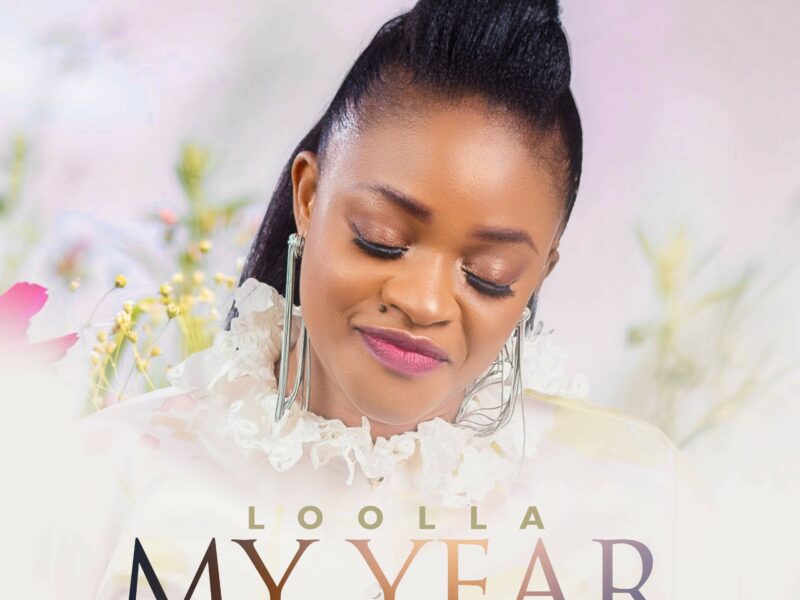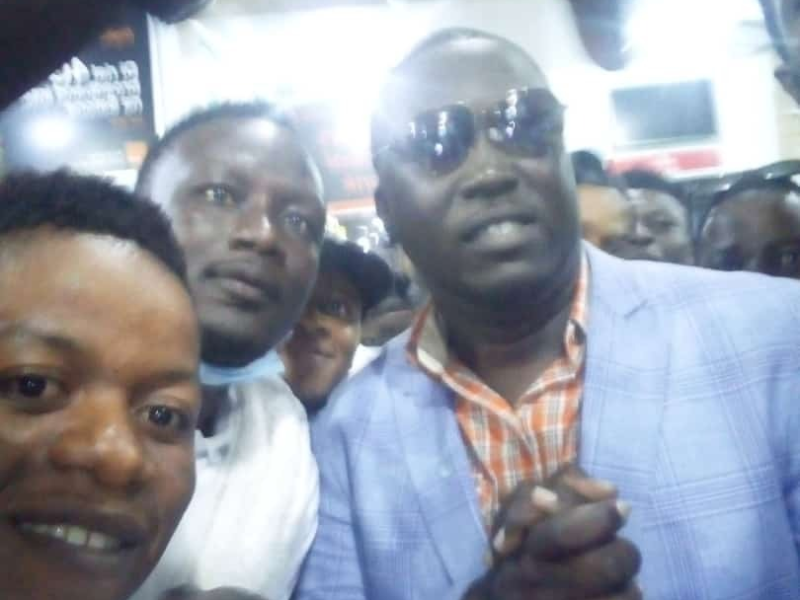Music preview: Guitarist Baaba Maal
African singer and guitarist Baaba Maal is as funky as Prince and as uplifting as Bruce Springsteen.
Maal has contributed greatly to the direction of the African music industry.
“Modern African musical groups always include traditional instruments, like the talking drum, the kora, and we sing in our own languages,” he said. “Also, the content is different than other places, because our realities are different than the rest of the world. The songs they sing really make people aware of the problems of society. Problems with their parents, school, what they expect from their leaders, religious or political leaders, how they see the economy of the country, and what they expect from the government.”
In the culture that Maal grew up in, a musical career was out of the question for all but the Griot caste; it was considered an inherited role in society. Maal is a member of the Fula tribe, a minority in Senegal, Mali and Mauritania. Their music is dominated by the Wolof tribe music. This did not stop him.
“I listened to traditional music first, the songs that my mom and her generation were writing really helped me to understand the Fulani society,” Maal said. “Later, the other influences that I received were jazz, rhythm and blues, and especially Cuban music. We knew everything about them, from Orquesta Aragon to Celia Cruz to Ray Barretto.”
As a teenager Maal moved to Dakar, joining the 70-piece Asly Fouta Orchestra, which was part of a traditional music academy, and won a scholarship to study in France at Ecole des Beaux Arts.
While in Paris, Maal teamed up with his guitarist friend Mansour Seck, who still plays in his group, to form his own band. This was the beginning of an incredible lifetime recording career.Â
When Maal left Europe and returned to Senegal, he began playing a distinctive sound that fused traditional African music with elements of pop and reggae. He spread a message of African culture around the world and became the driving force for Senegalese rock music known as mbalax.Â
“We did a lot of albums in the past saying this is African music talking to the rest of the world,” he said. “Now people seem to come to African music, so we have to go to them not just to play African music, but to show we are just musicians like everyone else. It’s not African albums I’m making anymore, it’s my albums, me traveling, meeting people, seeing things I love and seeing what we can share together.”
This spirit of sharing and collaboration could define Maal’s work with the Africa Express collaborative project, which has taken British musicians to Africa and African artists to Britain to play together.
His latest studio album, “Television,” is a collaboration with the New York electro-pop group Brazilian Girls, who are not Brazilian and only one of whom, singer Sabina Sciubba, is female.
“It was her voice that really caught me and made me want to work with them,” Maal said.
“I like to explore how African music, in its pure essence, can work with other styles,” he said. “Maybe in the future I’ll go into Celtic in the same way, pure Celtic music with Celtic instruments. Or, it could be African with Asian and Celtic, things like that are what I’m all about.”
Maal’s lyrics are often rooted in traditional myths that have been passed down through Islam and converted through his music into modern commentaries on social problems. His songs speak of issues facing Africa today.
“That’s the meaning of being famous in Africa,” Maal said. “When you compose a song, then record it, all generations will listen to you. What’s important is not that song is beautiful or that song is very funky, but what the song is talking about.”
By Phil Reser, The BuzzStay with Sierra Express Media, for your trusted place in news!
© 2010, https:. All rights reserved.







